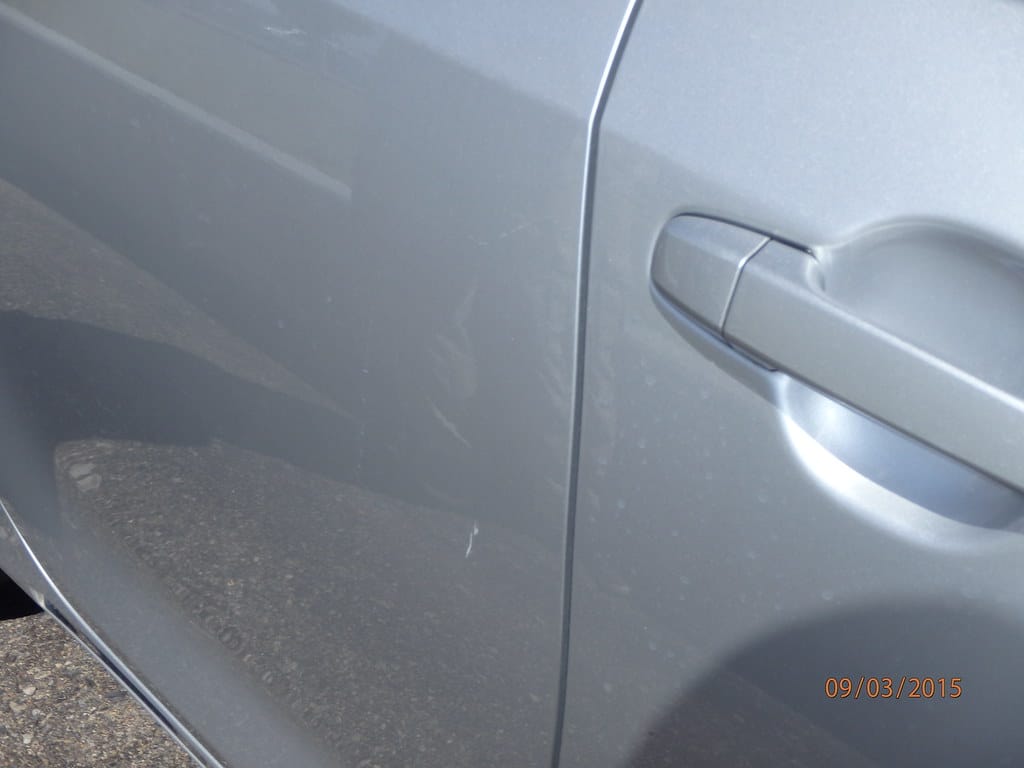Kyte Shuts Down: The Rise and Fall of San Francisco's Car Rental Disruptor
The mobility sector has claimed another casualty as Kyte, the San Francisco-based car rental startup that once positioned itself as a tech-forward challenger to industry giants like Hertz, has officially ceased operations. The company's sudden closure marks the end of a promising venture that raised significant capital and garnered attention for its innovative approach to vehicle rentals.
The Promise of On-Demand Car Delivery
Founded in 2019, Kyte differentiated itself from traditional car rental companies by offering door-to-door vehicle delivery and pickup services. The startup's model eliminated the need for customers to visit physical rental locations, instead delivering clean, maintained vehicles directly to their doorstep through a mobile app interface.
The company's value proposition resonated with urban consumers, particularly in San Francisco's tech-savvy market where convenience and digital-first experiences are highly valued. Kyte's service model appeared perfectly timed for the post-pandemic era, when contactless services became not just preferred but essential.
At its peak, Kyte operated in multiple major cities including San Francisco, Los Angeles, Miami, and New York, building a fleet of vehicles ranging from economy cars to luxury options. The startup successfully raised over $30 million in funding rounds, attracting investors who believed in the potential to disrupt the traditional car rental industry.
Warning Signs in a Challenging Market
Despite early promise, Kyte faced mounting challenges that became increasingly difficult to navigate. The mobility sector has proven particularly brutal for startups, with high capital requirements, complex logistics, and fierce competition from both established players and well-funded newcomers.
The company's unit economics likely struggled under the weight of vehicle acquisition costs, maintenance expenses, and the labor-intensive nature of door-to-door delivery services. Unlike traditional rental companies that benefit from economies of scale at centralized locations, Kyte's distributed model required significant operational overhead.
Competition intensified as established rental giants like Hertz and Enterprise began rolling out their own delivery services, leveraging their existing fleet scale and infrastructure advantages. Meanwhile, ride-sharing platforms like Uber and Lyft continued to capture short-term mobility demand, while car-sharing services like Zipcar offered alternative solutions for urban transportation needs.
The Broader Mobility Sector Reckoning
Kyte's closure reflects broader challenges facing the mobility startup ecosystem. The sector has witnessed numerous high-profile failures and downsizing efforts in recent years, from the collapse of various bike-sharing startups to the struggles of autonomous vehicle companies.
Venture capital funding for mobility startups has also contracted significantly from pandemic-era highs, as investors have become more cautious about capital-intensive business models with uncertain paths to profitability. The economic environment has forced many mobility companies to focus on sustainable growth rather than rapid expansion.
The traditional car rental industry itself has faced significant headwinds, including supply chain disruptions affecting vehicle availability, rising insurance costs, and changing consumer travel patterns. These macro challenges made it even more difficult for newcomers like Kyte to establish sustainable competitive positions.
Lessons from Kyte's Journey
The startup's rise and fall offers several key insights for the mobility sector. First, convenience alone may not be sufficient to overcome the fundamental economics of asset-heavy businesses. While consumers appreciated Kyte's delivery model, the premium they were willing to pay may not have covered the additional operational costs.
Second, timing matters enormously in disrupting established industries. While Kyte's contactless model seemed ideal for pandemic conditions, the return to normal travel patterns may have reduced the perceived value of avoiding rental counters.
Finally, competing directly with established players requires either significant technological advantages or superior capital efficiency – advantages that proved elusive for Kyte despite its innovative approach.
The Road Ahead for Mobility Innovation
Kyte's shutdown doesn't signal the end of innovation in car rentals and mobility services, but it does highlight the importance of sustainable business models in capital-intensive sectors. Future mobility startups will likely need to focus more intensively on unit economics and operational efficiency rather than pure growth metrics.
The mobility sector continues to evolve, with opportunities emerging in electric vehicle rentals, peer-to-peer car sharing, and integrated transportation platforms. However, Kyte's experience serves as a reminder that even promising concepts require careful execution and favorable market conditions to succeed in this challenging industry.
As the dust settles on Kyte's closure, the mobility sector will undoubtedly continue its evolution – but perhaps with greater emphasis on proven business fundamentals alongside technological innovation.
